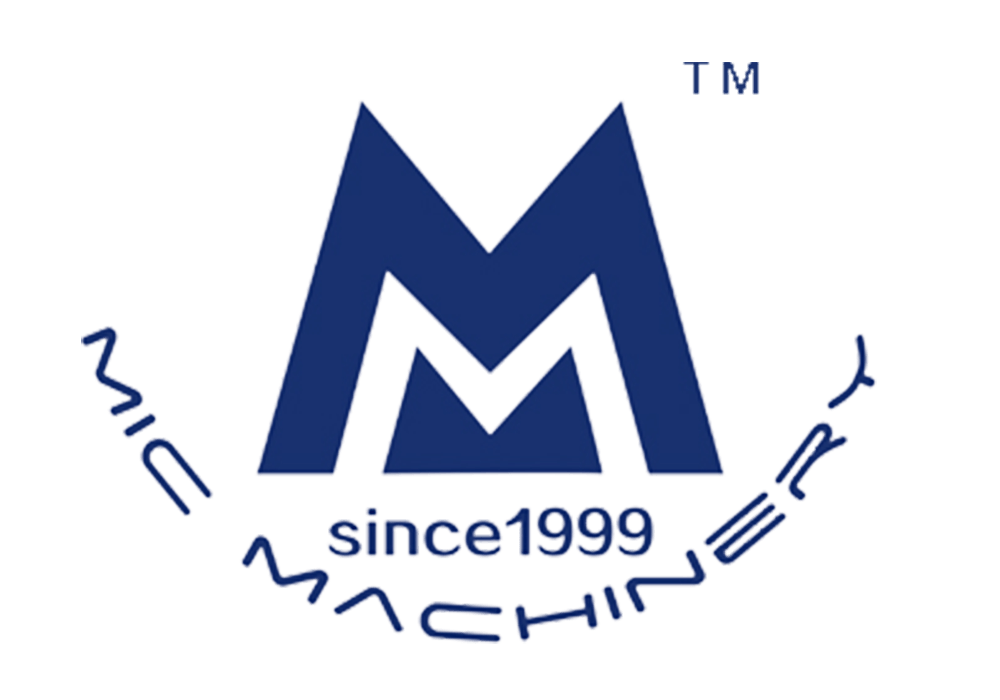- Mobile: 0086-13083991987
- E-mail: market@micmachinery.com
- Shipment: exporting country
- Customer reviews: click on
In the food industry, preventing contamination is crucial to ensuring both consumer safety and product quality. Metal detectors for food processing have become essential tools in modern production lines, offering manufacturers a reliable solution to detect and eliminate metal contaminants that could compromise food safety. These advanced devices are designed to identify ferrous and non-ferrous metals, such as steel, aluminum, and copper, that may inadvertently enter the food production process.
A metal detector food industry system is typically integrated into production lines to automatically screen products as they move through the manufacturing process. Whether it’s fresh produce, processed foods, or packaged goods, a metal detector for food ensures that only contaminant-free products make it to market, significantly reducing the risk of recalls and potential harm to consumers. These detectors work by using electromagnetic technology to detect even the smallest metal particles, providing manufacturers with the peace of mind that their products meet strict safety standards.
The performance of a metal detector machine for food industry is paramount to the efficiency and safety of food production lines. These machines are equipped with highly sensitive sensors that can detect metallic objects with remarkable precision. A food metal detector machine can be tailored to detect specific metal contaminants depending on the product type and the level of sensitivity required. With the ability to detect a variety of metal contaminants in real-time, these machines contribute to high operational throughput while maintaining rigorous quality standards.
Many metal detectors for food processing are equipped with advanced features like automatic rejection systems, which swiftly remove contaminated products from the production line. This not only enhances the safety of the end product but also helps to reduce waste by preventing faulty goods from continuing further along the production line. These systems can operate at high speeds, ensuring minimal disruption to the manufacturing process and maintaining efficiency.
Incorporating a metal detector machine food system is a smart move for any food processing facility aiming to maintain product quality, meet regulatory compliance, and protect consumer health. These devices are customizable to meet the unique needs of different food products, ensuring they provide the highest level of contamination detection for all types of food production.
Ultimately, metal detectors for food processing are indispensable in modern food manufacturing. With their ability to detect metal contaminants accurately and efficiently, metal detector food industry systems ensure that food manufacturers can produce safe, high-quality products that meet both consumer expectations and industry regulations. Whether you’re in the meat, dairy, bakery, or packaged food sector, investing in a metal detector for food will help optimize production, reduce waste, and safeguard your brand's reputation.
1. Used on various automated assembly lines and logistics delivery systems to identify metal foreign matter (such as iron, stainless steel, aluminum, etc.) mixed in the production process of food, medicine, cosmetics, textiles, etc., even if fine metal is embedded in the product. Can be detected and identified.
1. It has the function of automatically identifying product characteristics, 100 product information storage functions, automatic phase tracking function, and signal processing is automatically calculated by the digital chip, which can quickly and automatically learn to obtain the best detection phase.
2. Using advanced digital signal processing technology, it has the function of automatic learning of product effects. Products containing sugar, salt, and meat will produce metal-like signals to the metal detector. This effect will affect the detection effect. This function reduces the product effect. , to achieve the best results.
3. Digital sensitivity control mode and a variety of manual setting functions; a variety of specifications are available to adapt to different material detection sensitivity requirements.
4. Designed using European and American safety standards, the whole machine design meets the requirements of food machinery and is suitable for connection to assembly line inspection operations.
5. The whole machine frame is made of 304 stainless steel laser cutting and welding technology and wire drawing process.
6. High-speed digital signal processing devices and intelligent algorithms improve detection accuracy and stability.
7. Special design of the conveyor belt to avoid deviation of the conveyor belt
8. The belt adopts food-grade PU belt, which has passed FDA food-grade certification, which greatly improves the belt's resistance to pollution and dirt.
9. The probe of the metal detector is filled with epoxy resin and porcelain balls to ensure the stability and service life of the equipment.

|
Name |
Digital metal detector |
|
Model |
SG-M150 |
|
Detection sensitivity |
When the machine is empty: Fe≥φ0.8mm, Non-Fe≥φ1.2mm, Sus304≥φ1.5mm |
|
Effective detection hole width |
150mm |
|
Effective detection hole height |
200mm |
|
Conveying capacity |
5kg/time |
|
Maximum speed of conveyor belt |
30m/min |
|
Transmission direction |
left to right (facing the screen) |
|
Conveyor belt height |
750±50mm (can be customized) |
|
Alarm mode |
Alarm shutdown, buzzer alarm or rejection mechanism optional |
|
Conveyor belt material |
Food grade PU belt |
|
Protection grade |
IP65 |
|
Display and operation mode |
LED LCD flat button input |
|
Power requirements |
AC220V 50-60Hz |
|
Main body material |
All stainless steel (SUS304) |
|
Note |
The metal that can be detected depends on the type of the object being inspected (size, shape, conductivity, etc.), the type of metal (material, shape, etc.) and the installation environment. It is subject to actual testing. |




